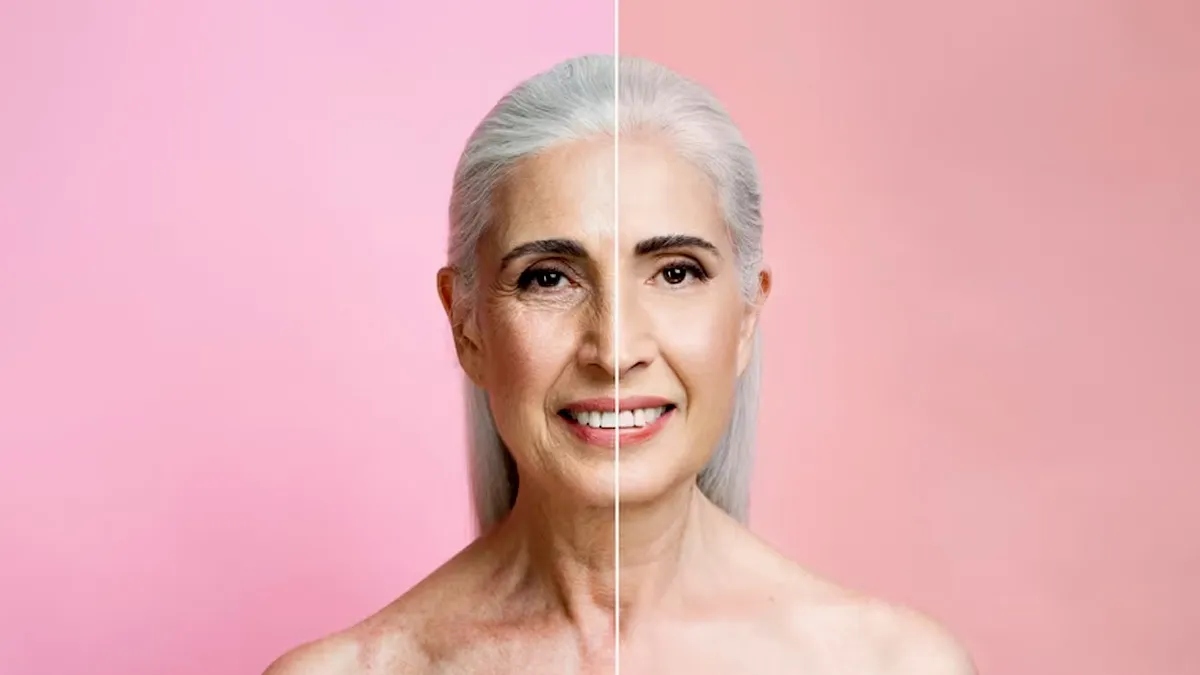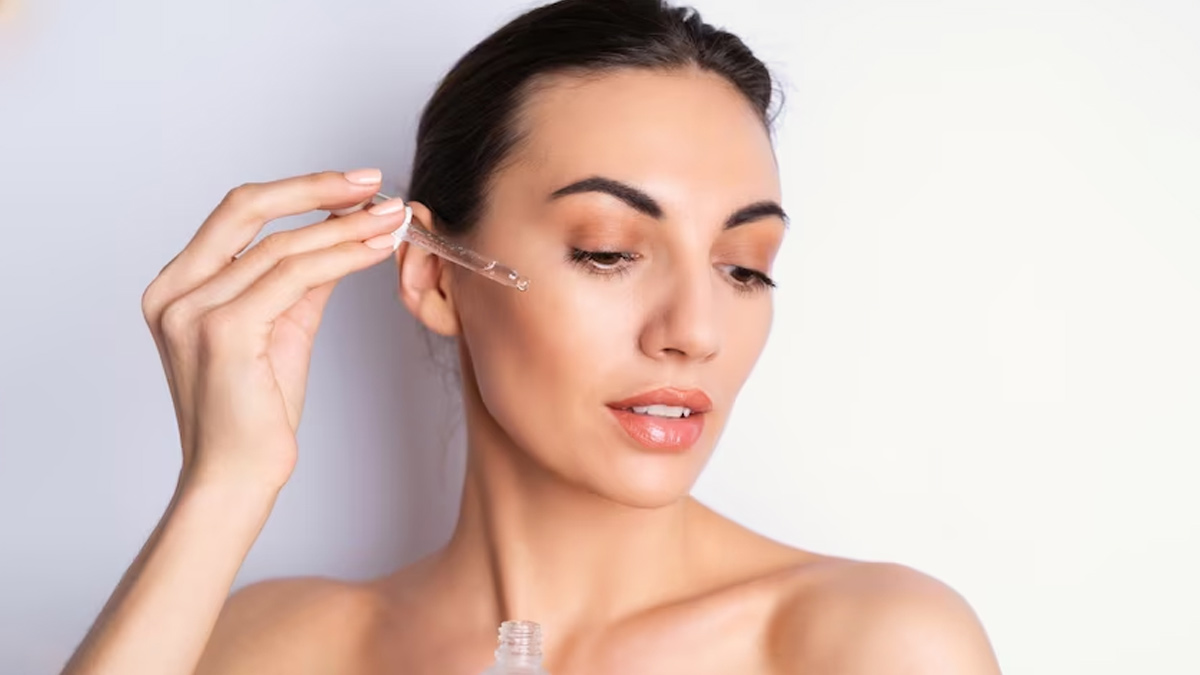
The idea of slowing ageing has intrigued me, you, infact the scientists, health champions, and wellbeing hunters for decades too. As much as no pill can halt the course of time, science continues to reveal supplements that have the potential to aid healthier ageing. One such nutrient that has been in the limelight more recently is vitamin D, with new evidence pointing to it being able to shield our DNA and maintain us biologically young.
Table of Content:-
Which Supplement Reverse Ageing?
A group of Harvard-affiliated scientists recently released a study in the American Journal of Clinical Nutrition, investigating vitamin D's ability to delay biological ageing. The trial, VITAL, tracked over 1,000 adults for four years.
Participants received 2,000 International Units (IU) daily of vitamin D3, which is about three times the usual daily dose but below the upper safe dose of 4,000 IU. The researchers revealed that the vitamin D subjects had less DNA damage and more gradual telomere shortening than did subjects on placebo.
Additionally, telomeres are shield-like caps on the end of our chromosomes. They tend to shorten as we get older, but more rapid telomere loss has been associated with age-related conditions. In this research, vitamin D supplementation seemed to maintain telomere length, averting the equivalent of almost three years of aging.

What This Means for Healthy Ageing
These results drive the increasing popularity of supplements that claim anti-ageing effects. Vitamin D, already well known for promoting bone health and immunity, has its possible longevity role adding to the buzz.
However, experts caution against jumping to conclusions. The trial was relatively short, and most participants were white, raising questions about how well the results apply to diverse populations. More long-term, inclusive studies are needed before vitamin D can be officially recommended as an anti-ageing intervention.
How to Use Vitamin D Safely
If you’re considering vitamin D as part of your wellness routine, here are some safe-use guidelines:
- Know your baseline: Have your vitamin D level measured prior to supplementation. Many are deficient unknowingly.
- Adhere to safe doses: In adults, the recommended daily intake is 600 to 800 IU, while the safe limit is 4,000 IU. Too much can cause nausea, kidney issues, or calcium deposit.
- Get it naturally when you can: Sunlight and foods rich in vitamin D (such as fatty fish, eggs, and dairy products fortified with vitamin D) can contribute to healthy levels too.
- Supplement wisely: If a supplement is something you decide on, talk to your healthcare professional about the correct dosage. Requirements depend on age, lifestyle, and underlying health conditions.
Bottomline
Vitamin D holds more than its reputation as a sunshine vitamin, it might even assist in maintaining youthfulness at the cellular level. Yet as science discovers intriguing prospects, supplements ought never to substitute for an equilibrium way of life. Good nutrition, regular exercise, quality sleep, and stress management are still the most dependable building blocks of ageing well.
Also watch this video
How we keep this article up to date:
We work with experts and keep a close eye on the latest in health and wellness. Whenever there is a new research or helpful information, we update our articles with accurate and useful advice.
Current Version